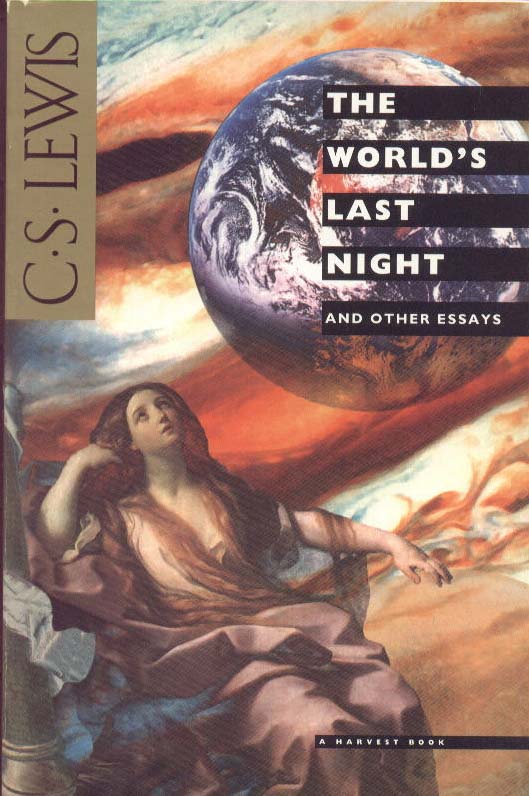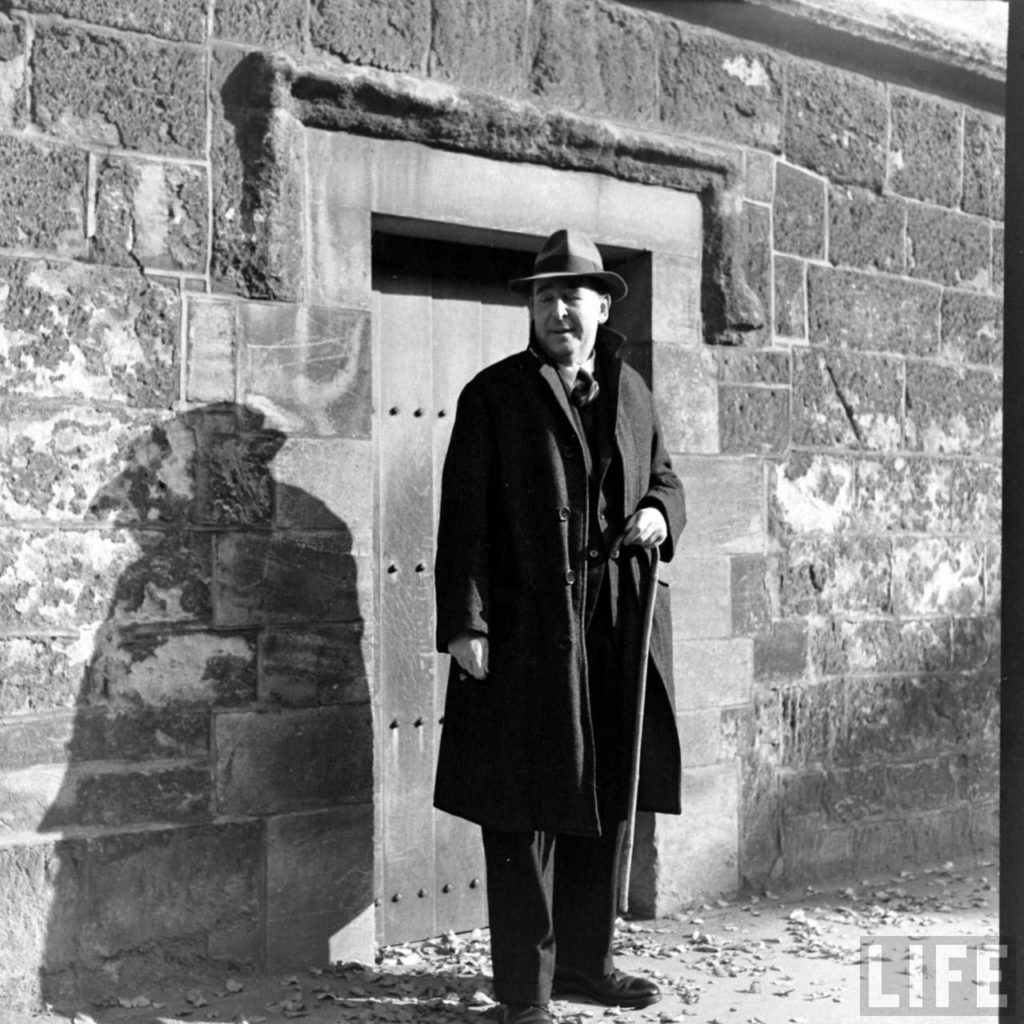
“The doctrine of the Second Coming has failed, so far as we are concerned,” wrote C. S. Lewis, “if it does not make us realize that at every moment of every year in our lives Donne’s question ‘What if this present were the world’s last night?’ is equally relevant.”
We live so much in the “present” that we often neglect what we say we believe about the transitory nature of this world. We have an eternity that awaits us, yet we, just by the weight of concerns in the present, relegate the reality of eternity to the background of our thoughts.
But isn’t eternity where all of our hopes lie?
The promise of Christ’s return should be a comfort in our troubles and an inspiration to always be our best for Him. We should look toward the Second Coming with great anticipation. For Christians, fear of that Coming shouldn’t be what motivates us; it should be joy. Lewis, though, notes that all too often the promise may be presented more as a fearful thing:
Sometimes this question has been pressed upon our minds with the purpose of exciting fear. I do not think that is its right use. I am, indeed, far from agreeing with those who think all religious fear barbarous and degrading and demand that it should be banished from the spiritual life. Perfect love, we know, casteth out fear.
But so do several other things—ignorance, alcohol, passion, presumption, and stupidity.
It is very desirable that we should all advance to that perfection of love in which we shall fear no longer; but it is very undesirable, until we have reached that stage, that we should allow any inferior agent to cast out our fear.

The key to the proper attitude about the Second Coming is to remember “how short, precarious, temporary, and provisional” our time on earth really is. We should never, cautions Lewis, give our hearts “to anything which will end when . . . life ends.”
Modern Christians, he observes, have a rather hard time remembering this. This life is primarily preparation for the life to follow.
Any moralist will tell you that the personal triumph of an athlete or of a girl at a ball is transitory: the point is to remember that an empire or a civilisation is also transitory. All achievements and triumphs, in so far as they are merely this-worldly achievements and triumphs, will come to nothing in the end.
This is not to say that what we do here is insignificant: we affect the lives of others by our obedience to God; we show them that Christ is the Way, the Truth, and the Life. Yet we must keep this short time on earth in perspective.
For you have been born again, not of perishable seed, but of imperishable, through the living and enduring word of God. For,
1 Peter 1:23-25
“All flesh is like grass,
and all its glory like the flowers of the field;
the grass withers and the flowers fall,
but the word of the Lord stands forever.”
And this is the word that was proclaimed to you.
